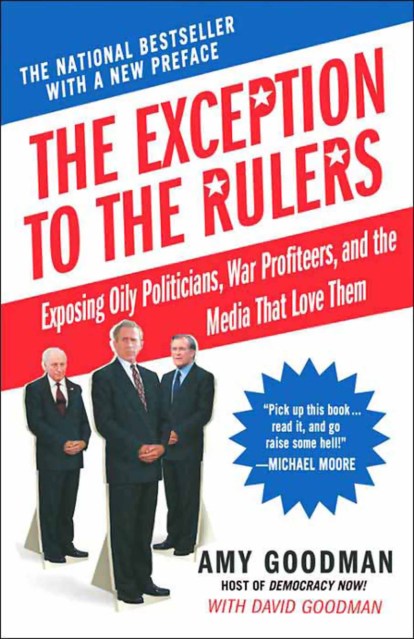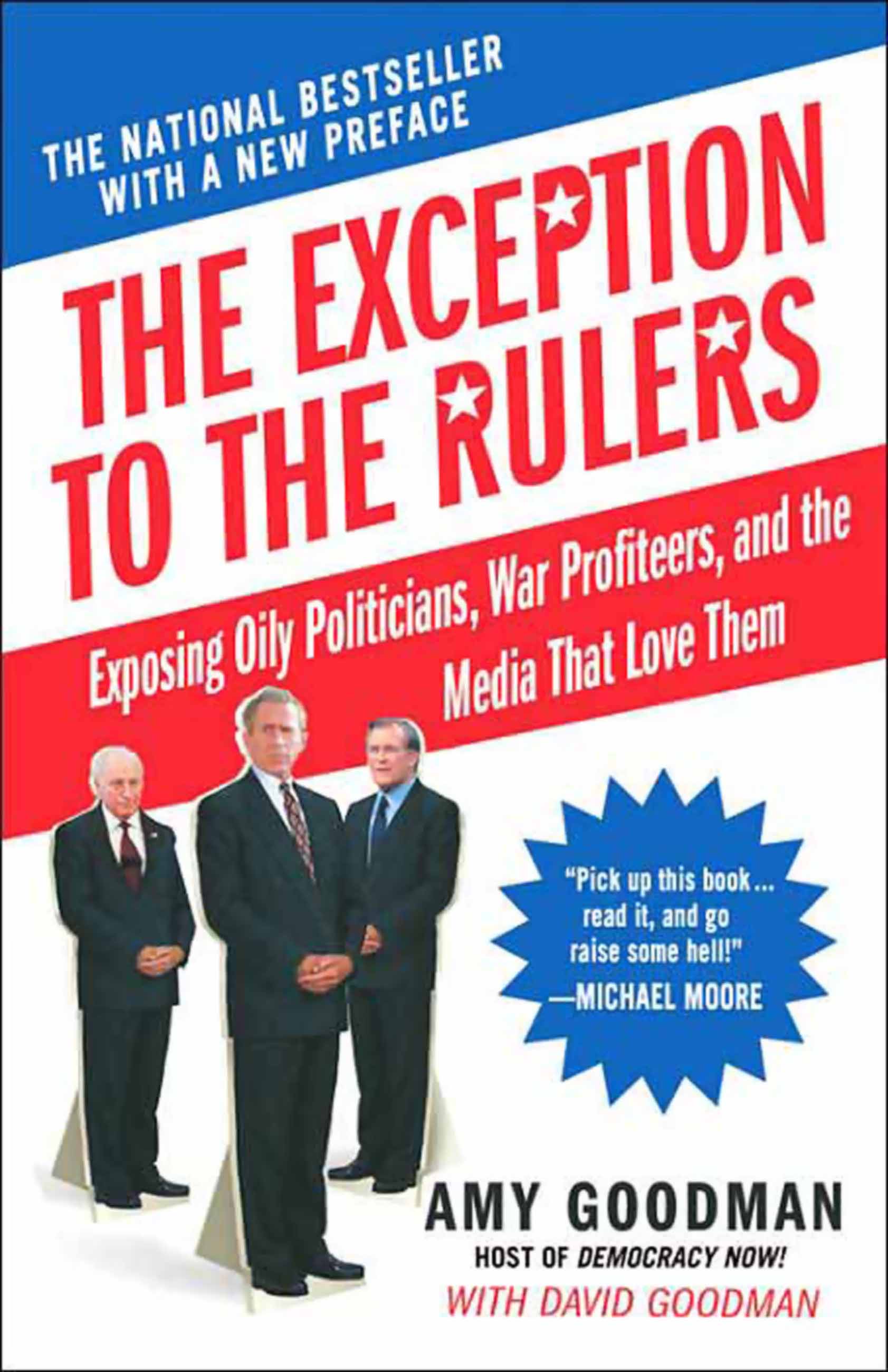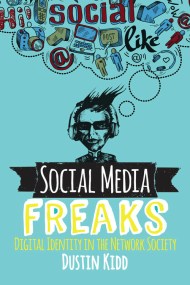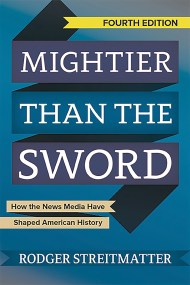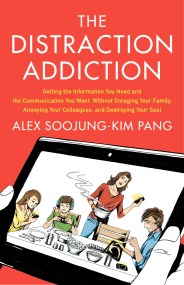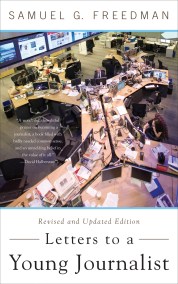Promotion
Use code MOM24 for 20% off site wide + free shipping over $45
The Exception to the Rulers
Exposing Oily Politicians, War Profiteers, and the Media That Love Them
Contributors
By Amy Goodman
By David Goodman
Formats and Prices
Price
$8.99Price
$11.99 CADFormat
Format:
ebook (Digital original) $8.99 $11.99 CADThis item is a preorder. Your payment method will be charged immediately, and the product is expected to ship on or around April 7, 2004. This date is subject to change due to shipping delays beyond our control.
Also available from:
Genre:
- On Sale
- Apr 7, 2004
- Page Count
- 352 pages
- Publisher
- Hachette Books
- ISBN-13
- 9781401399566
Newsletter Signup
By clicking ‘Sign Up,’ I acknowledge that I have read and agree to Hachette Book Group’s Privacy Policy and Terms of Use
